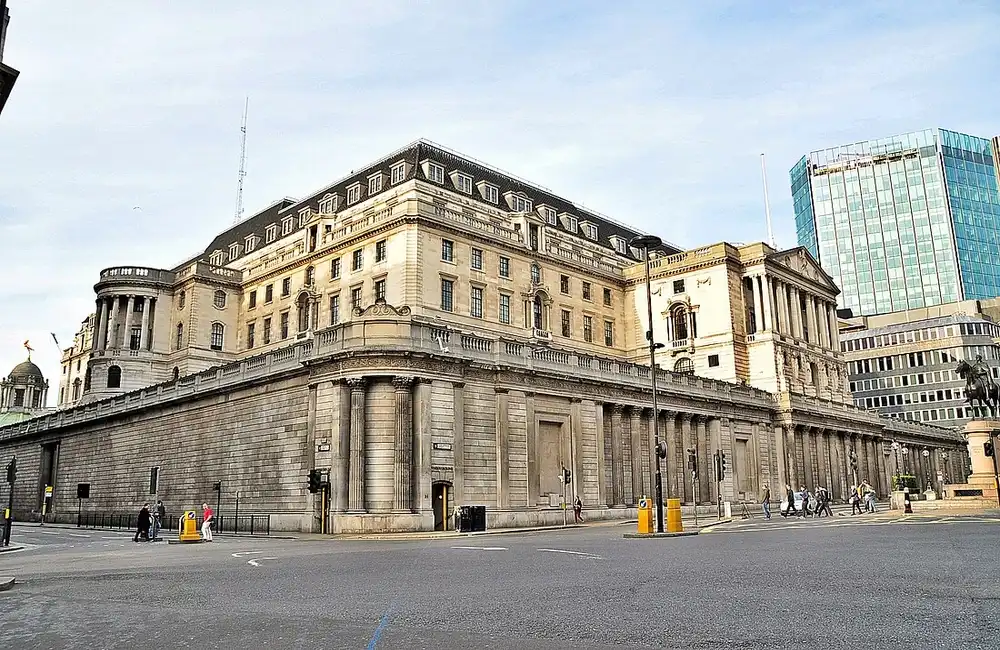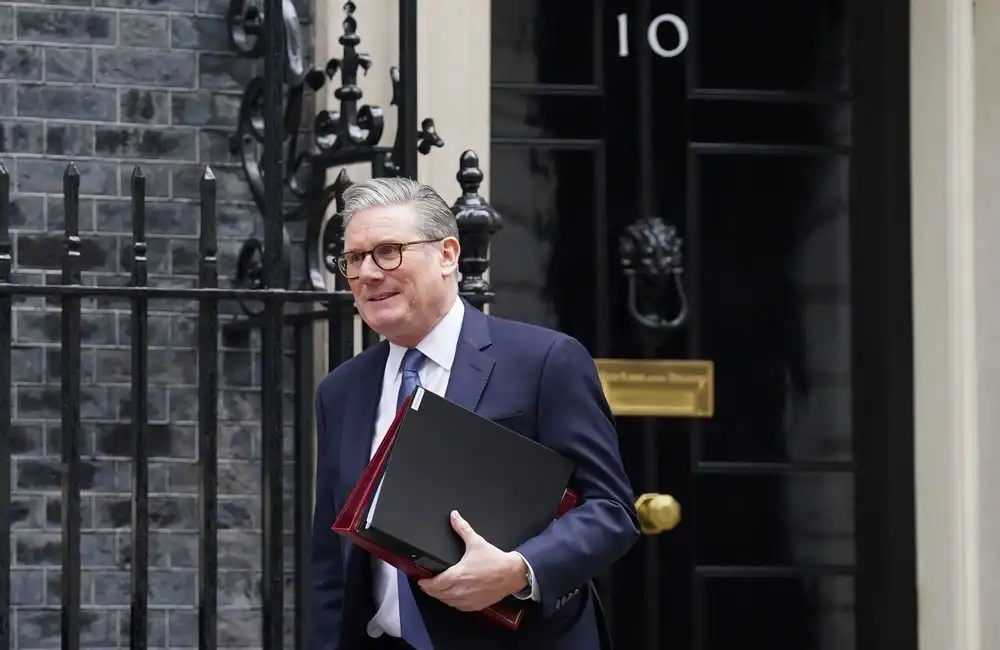The Prime Minister’s Questions (PMQs) will take place at Westminster on Wednesday, 23 April 2025.
Investors, businesses, and financial experts will likely pay close attention to this session because it will focus on essential issues related to the UK’s future economic direction along with investment and fiscal policies.
The timing of this session holds significant importance. The session follows significant economic trends that involve major government policy changes along with market instability and revised economic growth forecasts. This piece outlines the primary themes and questions expected to lead the upcoming session while detailing their significance for the UK business environment and investment sector.
Economic Topics Likely to Dominate PMQs
1. Global Trade Tensions and UK Tariff Policy
The current state of global trade relations will likely dominate discussions and become the primary topic of interest. The United States implemented recent tariff changes targeting major British products such as cars and farming items which generated instability and added pressure to international trade relations. Opposition Members of Parliament plan to demand answers from the Prime Minister about governmental strategies to protect core industries and address countermeasures.
Export-dependent businesses must prioritise this subject for their operations. Extended trade disputes may disrupt supply chains and affect profit margins especially in manufacturing and agricultural sectors. Market participants will remain alert to any indications of potential trade deal developments or tariff cuts as well as measures to stabilise international commerce.
2. Interest Rate Outlook Amid Falling Inflation
Since inflation reached its lowest level in more than two years at 2.6% and the Bank of England stopped its rapid rate increases MPs will likely examine how these actions affect the overall economy. The Prime Minister will likely be asked to explain how both monetary and fiscal policies work together to promote economic growth while facing a GDP projection that has been reduced to only 1% for 2025.
The financial sector including housing and retail investors along with fintech companies will watch any statements regarding interest rates very closely. Consumer spending trends and real estate demand along with fintech innovation speed are affected by changes in borrowing costs which alter credit availability. Market observers will evaluate if government expenditure plans can neutralise potential slowdowns in critical economic sectors.
3. Slower GDP Growth and Recovery Initiatives
The Office for Budget Responsibility decreased its projected GDP growth rate for 2025 to 1% from a previous estimate of 1.5%. MPs will likely use this economic slowdown as a crucial point of debate at PMQs to demand details about the government's strategy to restore economic growth.
Industrial strategy advancements as well as housing investment and green energy transitions will become areas of particular focus. The discussion will prominently include industrial policy elements such as manufacturing tax credits and research-focused grants alongside housing supply-side initiatives.
Sectors currently engaged in the net-zero transition process will find the green energy debate relevant. The energy and mining sectors and innovative clean-tech companies want government strategies that speed up green transitions while helping them stay competitive worldwide.
Investment Climate and Competitiveness
UK Competitiveness on a Global Scale
The session will likely highlight the UK's position as a top choice for investment. After Chancellor Rachel Reeves attended the IMF/World Bank Spring Meetings MPs will probably seek explanations about strategies that could enhance the UK's appeal to international investors.
The primary areas of focus will include both the initial public offering (IPO) market and corporate acquisitions. The AIM market of the London Stock Exchange experienced no growth last quarter leading to discussions about potential reform measures that could trigger a resurgence. The high-profile acquisition bids for firms such as De La Rue and Darton intensify questions about the UK's effectiveness in protecting valuable businesses from international buyers.
Policies Impacting Investment Sentiment
Experts anticipate that the government’s approach to competing with the EU and the U.S. on green energy investment will face close examination. The effects of the Inflation Reduction Act in the United States coupled with Europe's extensive climate finance initiatives prompt concerns that Britain might lag behind in these essential areas.
The UK's taxation policy, sector-specific grants, and sustainable energy incentives will establish environmental objectives while determining the UK's reputation as a desirable investment location.
What Markets and Investors Will Be Watching
PMQs gives investors a preliminary view of governmental economic and fiscal positions while providing market positioning insights. Several important areas will likely draw attention:
- Key Sectors at Stake: Government policies currently affect energy, manufacturing, mining, and fintech industries the most. Manufacturing faces high energy costs as a major hurdle while the fintech sector experiences influence from uncertain tax incentives that impact entrepreneurial activities.
- Fiscal Policies and Investment Priorities: Understanding government preferences for business-friendly tax reforms versus increased spending measures helps predict near-term economic dynamism.
- Impact on Global Relations: Investment confidence in UK-focused portfolios could be heavily impacted by any developments regarding trade agreements or negotiation errors with tariff terms.
Institutional investors and business leaders will analyse these discussions because they provide immediate insights and also reflect the UK’s future economic stability.
Conclusion
The UK government’s priorities will become clear during PMQs on 23 April 2025 despite economic uncertainty. Business professionals, institutional investors and market observers use this session as a measure of the UK’s economic capabilities and future direction.
The upcoming discussions on trade policy and industrial strategy along with monetary easing and fiscal stimulus will determine public perception of government effectiveness in managing essential economic challenges. Closely observe the session to detect policy hints and determine its potential effects on government spending priorities, taxation policies, and trade agreements.
The UK’s ongoing adjustments to its position in a complicated global marketplace make these moments essential for investors to sync their strategies with government priorities.
















